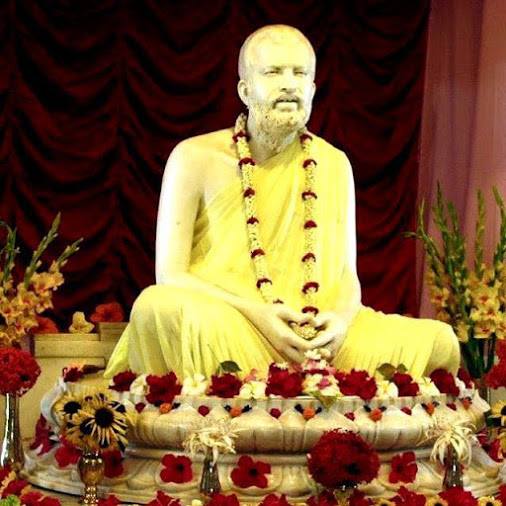Towards a Casteless Bharatham ( India ) –2.
2. The Sociology of Caste : .
In modern societies, occupational diversity, increased social mobility, loosening of family ties and economic expansion have led to the replacement of the traditional determinants of caste by economic status as the sole determinative of social difference.
We now have economic classes – the upper, the middle and the working – that are in no way less hierarchical than the traditional caste or the ranked feudal order.
What differentiates the modern class from its medieval or ancient counterpart is the theoretical lack of exclusiveness and the individual as the unit of stratification.
Unfortunately, in practice, not many individuals manage to rise from the lower ranks of society to its higher echelons, and so class divisions are not as labile as one would otherwise expect them to be.
Marxism represents a modern ideological attempt at developing a classless society.
However, the inevitability of class struggle and the rule of the proletariat as predicted by Marx never really materialized in the industrial nations of Europe.
Capitalist societies circumvented this problem through welfare measures and ‘class cooperation’.
Marxism succeeded as a political movement in agrarian societies through dictatorial measures that not only curbed individual enterprise and democracy, but also led to the replacement of the feudal hierarchy with its bureaucratic communist counterpart.
Swami Satyaswarupananda
Sri Ramakrishna Mission.





Comments
Post a Comment